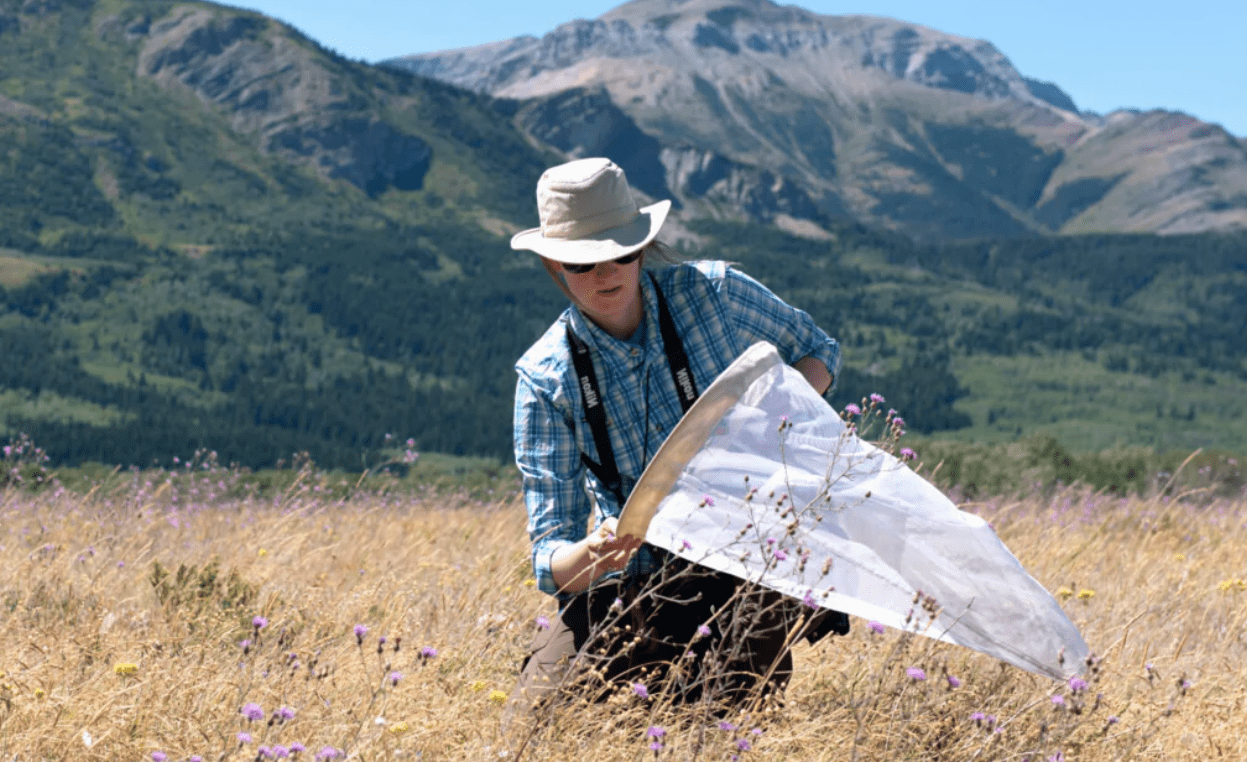*New* Burrowing In with Burrowing Owls (4-6)
The burrowing owl is a unique grassland species, whose Canadian population has declined by 90% since the 1990s. The owl is listed as endangered due to several threats that result in high…
Read MoreWild Canada is now open to the public and members. We welcome you to take a journey through seven of Canada’s ecological zones, celebrating the wonder and diversity of a world where people, animals, and the land are connected.
To simplify our membership program, we’re moving to a two-tiered structure – Wild Explorers and Wild Adventurers. The difference between the two? It’s all about the perks you receive!
Please click here for a comprehensive program overview and answers to frequently asked questions.
On-site Program
This program will have students examining the importance of wildlife conservation by utilizing the tools, strategies and research being completed by the conservation scientists of our very own programs here in Alberta and abroad by working through an escape room-inspired activity. They will further investigate how we can engage with communities to create meaningful, lasting wildlife conservation as they reflect on the question, “How might we create action that will preserve wildlife and ecosystems?”
Length: 4 hours
Program times: 10:00 a.m.
Maximum students: 37
Cost:
